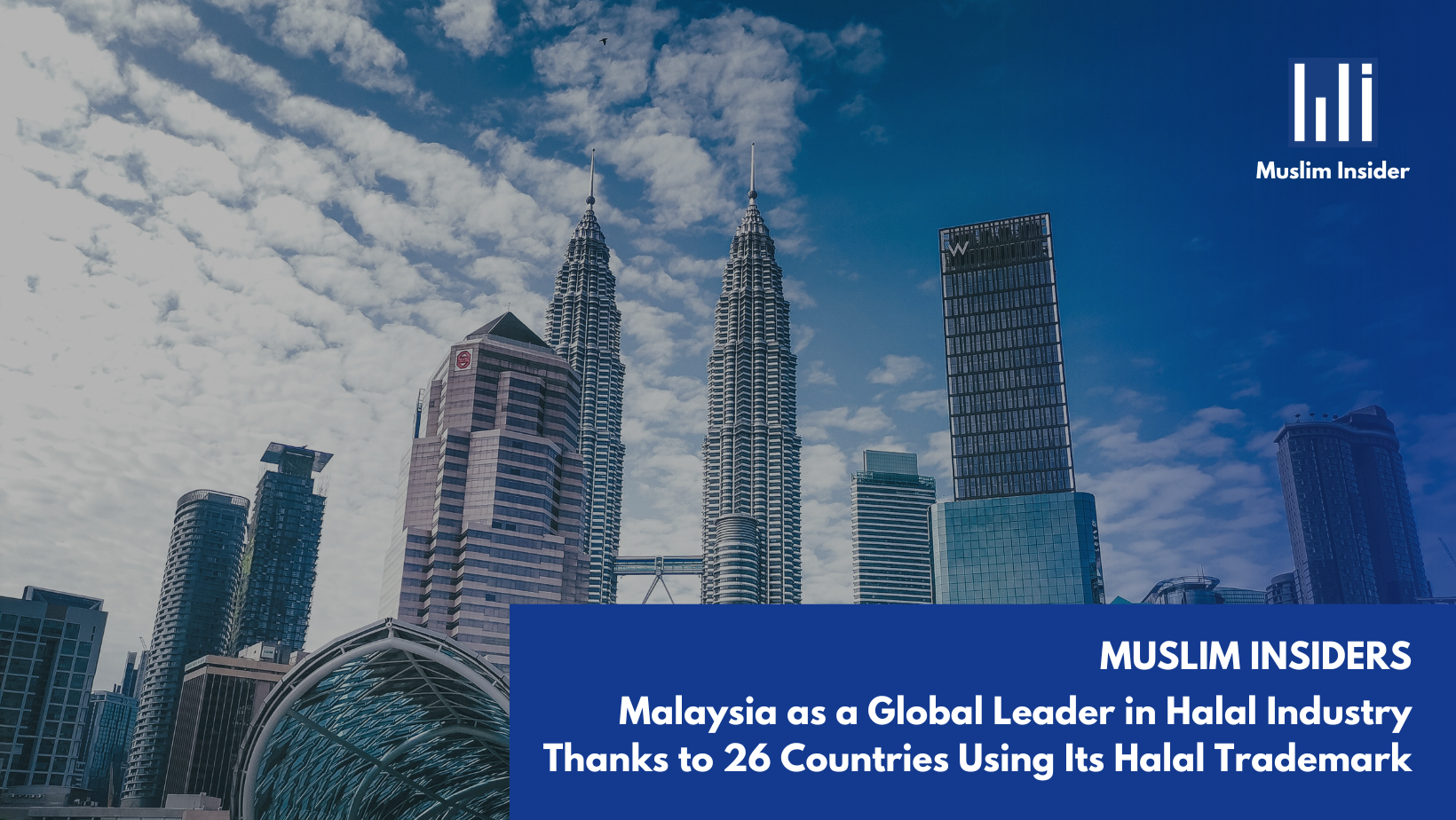

According to The Star, 26 countries have utilized the Halal Malaysia trademark for certification. Halal is mandatory in every aspect of Muslim life. It refers to something that is only permissible according to Islamic law and has been mentioned in the Quran to eat only from the halal. But, halal can also be used by those who are not practicing Islam. In today’s era, halal consumers are increasing worldwide. Halal has become a preferred standard not only among Muslim communities but also among non-Muslims
During the launch of the Global Halal Summit (GHaS) 2023 in Kuala Lumpur on September 12, Prime Minister Datuk Seri Anwar Ibrahim emphasized the role of Malaysia as a leader in the global halal economy. At the international conference, in meetings with leaders from Japan, China and South Korea, who are the global economic giants, Anwar mentioned that the topic of the halal industry and Malaysia as a world-recognized halal certification hub was frequently raised. Due to this, he said Malaysia should take advantage of it and seize it.
The Prime Minister said that the country has been asked in detail about the Halal certifications during his recent official visits to Vietnam and Laos. They also requested Malaysia’s assistance in training and opening the path to the establishment of a halal product network in their countries.
“Why were we asked? It is because the world recognizes the precision and ecosystem we have created in the halal industry,” he said.
The concept of Ekonomi Madani aligns with Malaysia’s focus on having a high impact on the halal industry, one of the strategies in the 12th Malaysia Plan. The Ekonomi Madani expresses the aspiration for national development through the strengthening of trade, including innovative and competitive halal industries. The growth of the halal sector is not only focused on the global Muslim population but also makes halal products the preferred choice for non-Muslim consumers, which adds ethical value, hygiene, and authenticity.
For a significant amount of time, Malaysia has been a leader in the halal industry. The government’s enormous effort to actively enhance the halal ecosystem, research and the establishment of excellent infrastructure to support the country’s halal sector development. With this, it helps Malaysia become a competitive global leader in the halal industry by connecting the government, industry players and consumers in the halal value chain.
A platform that is a part of a government effort called the Global Halal Summit (GHaS) 2023 is to promote and maintain our halal reputation, not only in Malaysia but also on the international stage. It has opened up space and opportunities, becoming the largest platform for all players in the global halal industry. It aligns with the goal of making Malaysia the top choice for halal products and services internationally.
The Department of Standards Malaysia (JSM) also plays a role in elevating Malaysia’s halal industry as a benchmark for quality and safety for goods that meet international standards, not limited to Islamic countries only. Malaysia is the first country to establish Malaysian halal standards, which serve as a reference for the Organization of Islamic Cooperation (OIC) member states.
To add to this, JAKIM’s efforts also serve as a catalyst for other countries to follow Malaysia’s lead as a pioneer in the global halal industry. The synergy between the Malaysian government, international certification bodies and halal industry players can address the current global economic challenges and further strengthen the global halal industry. Due to this reason, the Prime Minister urges Malaysian halal industry players to fully utilize this Halal Malaysia ecosystem to explore and create greater opportunities in the global halal market.
As a leader in the global halal industry, this will indirectly enable Malaysia to contribute to the global halal market share, which is expected to grow by 3.5% annually to reach US$2.4 trillion by 2024.




